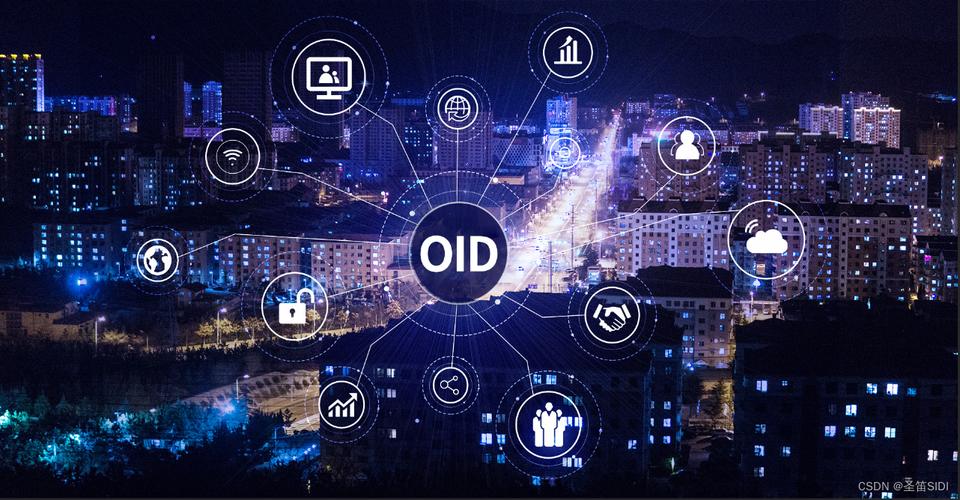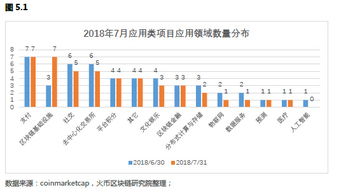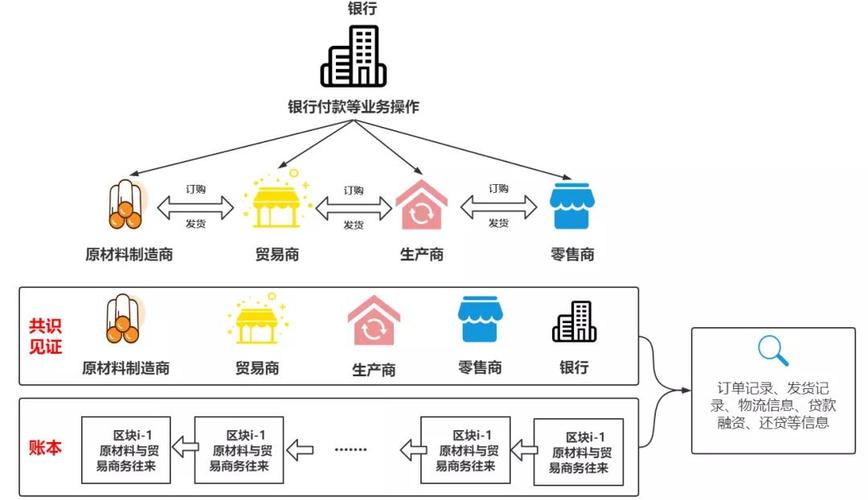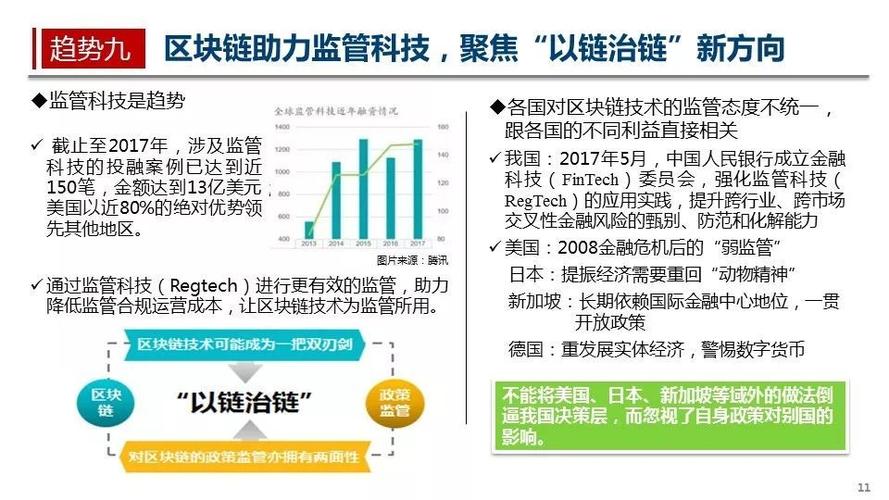重新审视区块链技术英文怎么说
Blockchain technology is a decentralized, distributed ledger system originally created for the digital currency Bitcoin. However, its potential goes far beyond cryptocurrencies. It has the power to revolutionize a wide range of industries by enabling secure, transparent, and tamperproof recordkeeping.
Key Features of Blockchain Technology:
Decentralization: Unlike traditional centralized systems, blockchain operates on a network of computers, making it decentralized. This eliminates the need for a central authority or intermediary.
Transparency: Every transaction recorded on a blockchain is visible to all participants in realtime. This transparency helps ensure accountability and trust among users.
Immutability: Once data is recorded on a blockchain, it cannot be altered or deleted. This feature ensures the integrity and security of the information stored on the network.
Security: Blockchain uses cryptographic techniques to secure transactions, making it extremely resistant to fraud and hacking attempts.
Applications of Blockchain Technology in Various Industries:

1. Financial Services:
Blockchain technology is disrupting the financial industry by offering faster, more secure, and costeffective payment solutions. It is also being used for smart contracts, trade finance, and identity verification.
2. Healthcare:
In healthcare, blockchain can help secure patient data, streamline medical recordkeeping, and ensure the authenticity of pharmaceuticals through transparent supply chains.
3. Supply Chain Management:
By utilizing blockchain, supply chain networks can benefit from enhanced traceability, efficiency, and trust among participants. This helps in reducing fraud, errors, and delays in the supply chain process.
4. Voting Systems:
Blockchain can be used to develop secure and transparent voting systems that ensure the integrity of elections, reduce fraud, and increase voter participation.
5. Real Estate:
Blockchain technology is transforming the real estate sector by enabling faster and more secure property transactions, efficient title transfers, and transparent property records.
Challenges and Future Trends:
While blockchain technology holds immense potential, it also faces challenges such as scalability, regulatory concerns, and interoperability issues. However, ongoing research and development efforts are focused on addressing these issues to unlock the full capabilities of blockchain across various industries.
Looking ahead, the future of blockchain technology is likely to involve advancements in areas such as interoperability between different blockchain networks, the integration of artificial intelligence and IoT with blockchain, and the continued evolution of decentralized finance (DeFi) applications.
Overall, blockchain technology is poised to revolutionize multiple sectors by enhancing security, transparency, and efficiency in data management and transactions.











